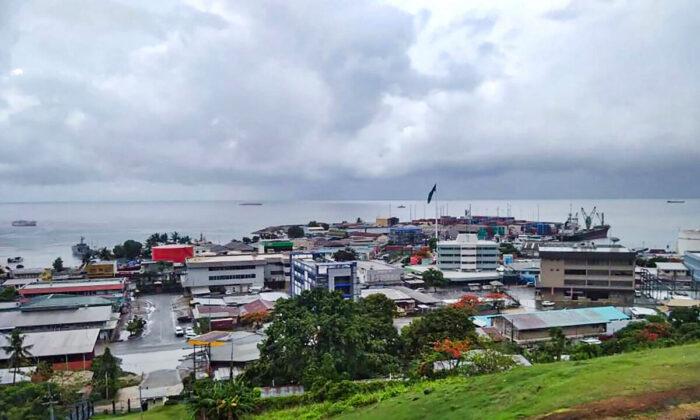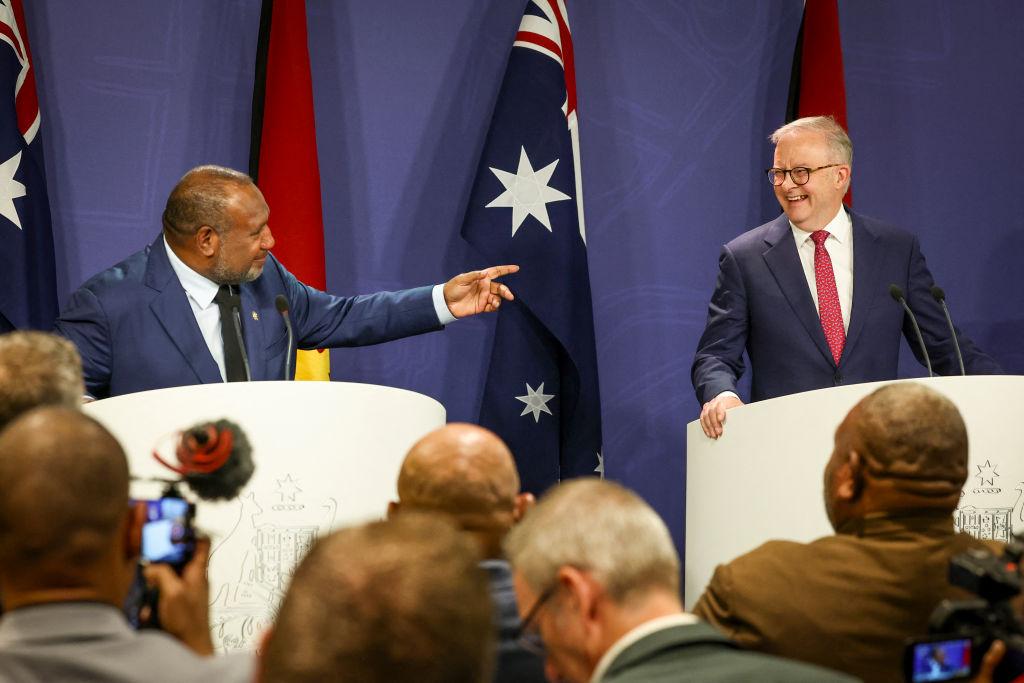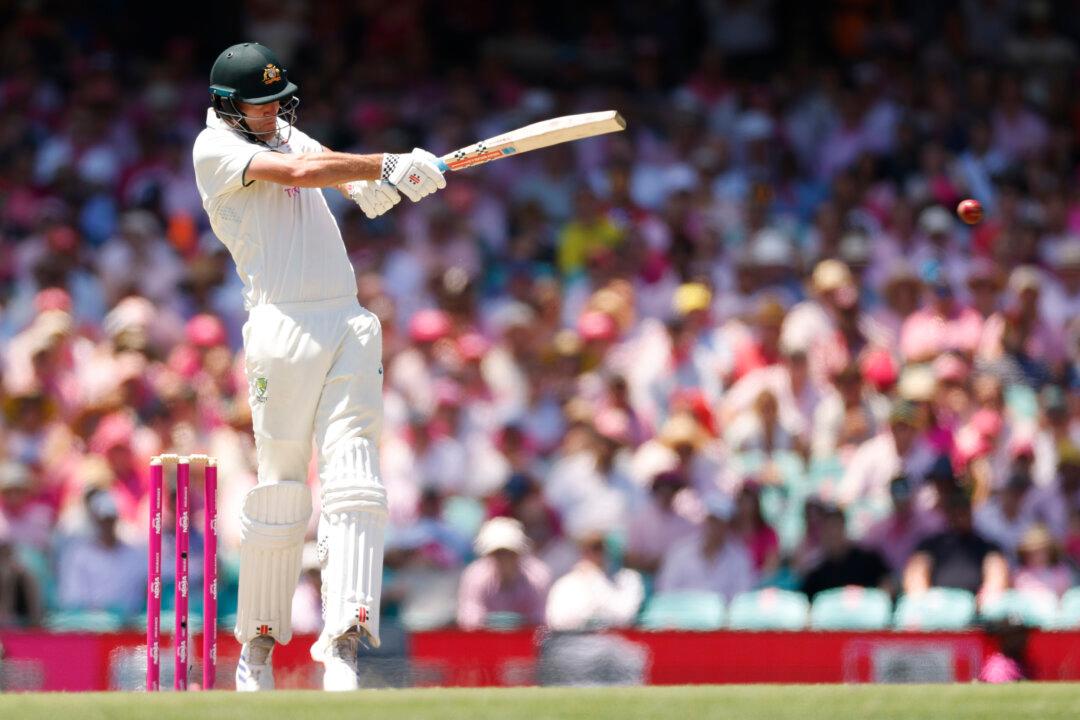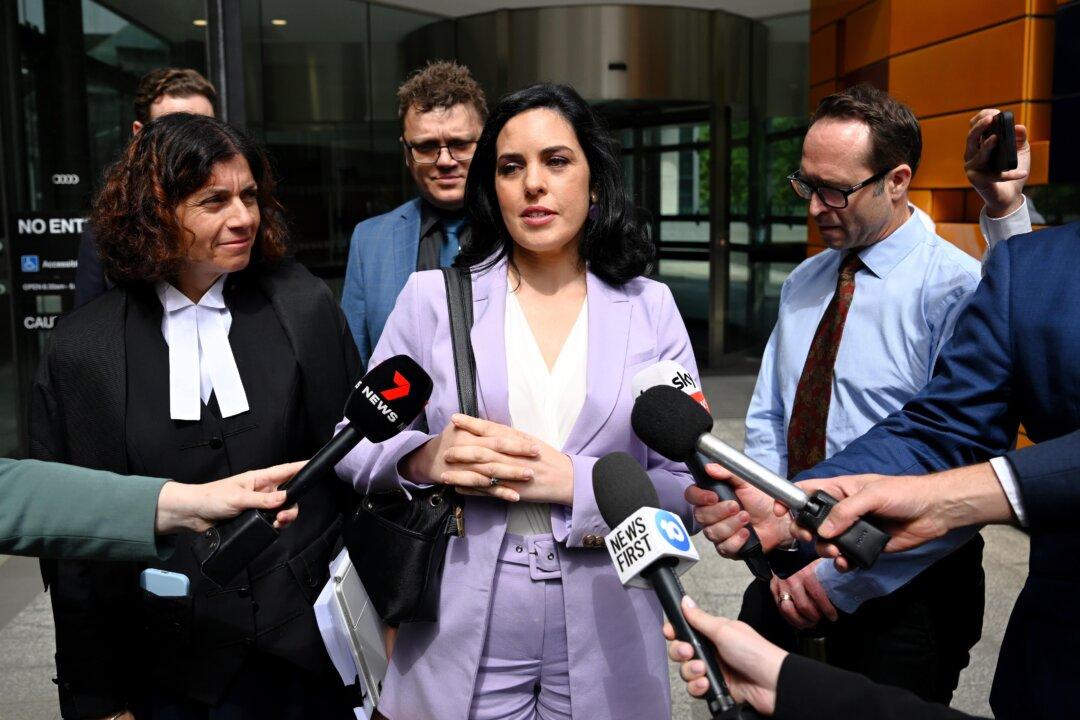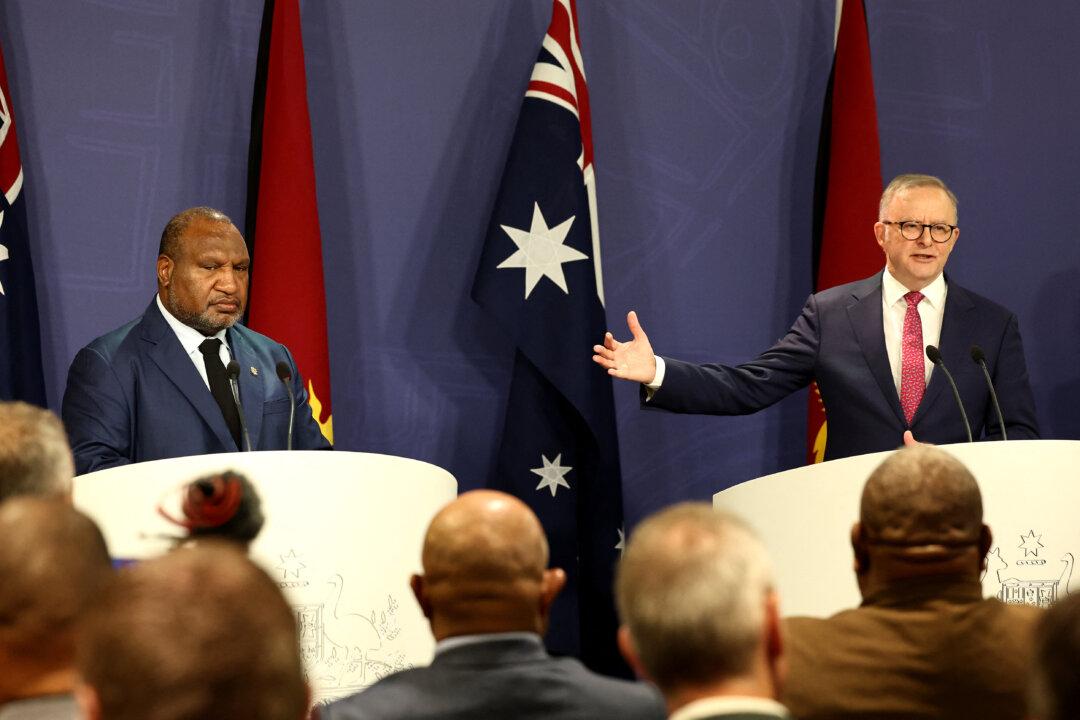Australia’s pacific minister has briefly dropped election campaigning to fly to the Solomon Islands amid anxiety over an impending security deal with the Beijing regime and the recent leak of a Chinese request to import arms into the region.
Minister Zed Seselja is due for talks with Solomon Islands officials on April 13 in the capital Honiara and is due to return the same day.
“My discussions will include the proposed Solomon Islands-China security agreement,” Seselja said in a statement obtained by AAP.
“We respect the right of Solomon Islands to make sovereign decisions about its national security,” he added. “Our view remains that the Pacific family will continue to meet the security needs of our region.”

The PRC was also set to send 10 plainclothes security officers for a period of six to 12 months, according to the documents dated Dec. 3, 2021, in response to riots that saw the Chinatown district in Honiara burned down and resulted in three deaths.
The riots have been blamed on ongoing dissatisfaction with the performance of incumbent Prime Minister Manasseh Sogavare, as well as his links to the Chinese Communist Party (CCP)—which have seen allegations of blatant bribery of pro-CCP politicians emerge.
Chinese and Solomon Island leaders have denied that the agreement could open the door toward eventual militarisation in the region, with Prime Minister Sogavare saying it “would not be in the interest of Solomon Islands to host any naval or military base of any country.”

Australia has already sent heads of two major intelligence agencies to meet with the Solomon Islands’ prime minister—Andrew Shearer, director-general of the Office of National Intelligence, and Paul Symon, director-general of the Australian Secret Intelligence Service.
On April 12, federal opposition leader Anthony Albanese blamed the governing centre-right Coalition for dropping the ball in the South Pacific and questioned why a minister had not already been sent.
“Australia needs to step up. Not just in a title, we need to step up in reality and develop those relationships with the Solomons and other nations in the Indo-Pacific,” he told reporters in Tasmania.
Albanese has also blamed the federal government for not doing more on climate change.
“If you go to the Pacific if you meet with leaders in the Pacific, the first thing they raise with you is not aid, it is climate change,” he said in late March.
However, Cleo Paskal, an associate fellow of the Asia-Pacific Programme at the London-based Chatham House, said the Australian government should instead focus on reinvigorating the democratic process in the country and pressure Sogavare to abide by the 2000 Townsville Peace Agreement—which ended violence in the country and laid the groundwork for democratic government.
“Sogavare and his members of Parliament are given a choice, ‘You can deal with China, or you can deal with the rest of the world,’” Paskal said, noting that Sogavare and his Cabinet could lose privileges afforded to them in their relationship with Australia.
Paskal said the pressure could compel Sogavare’s ministers to intervene and stop things from “going too far.”
